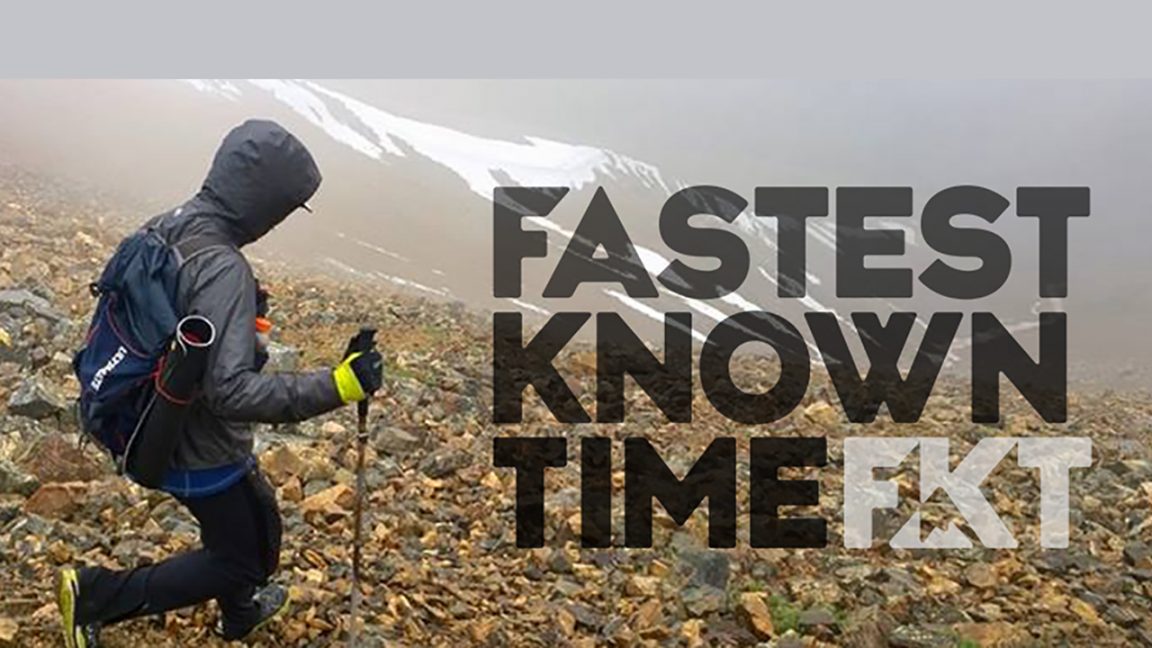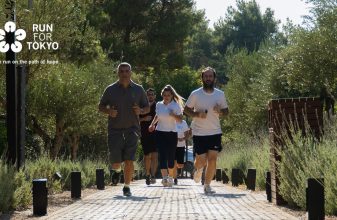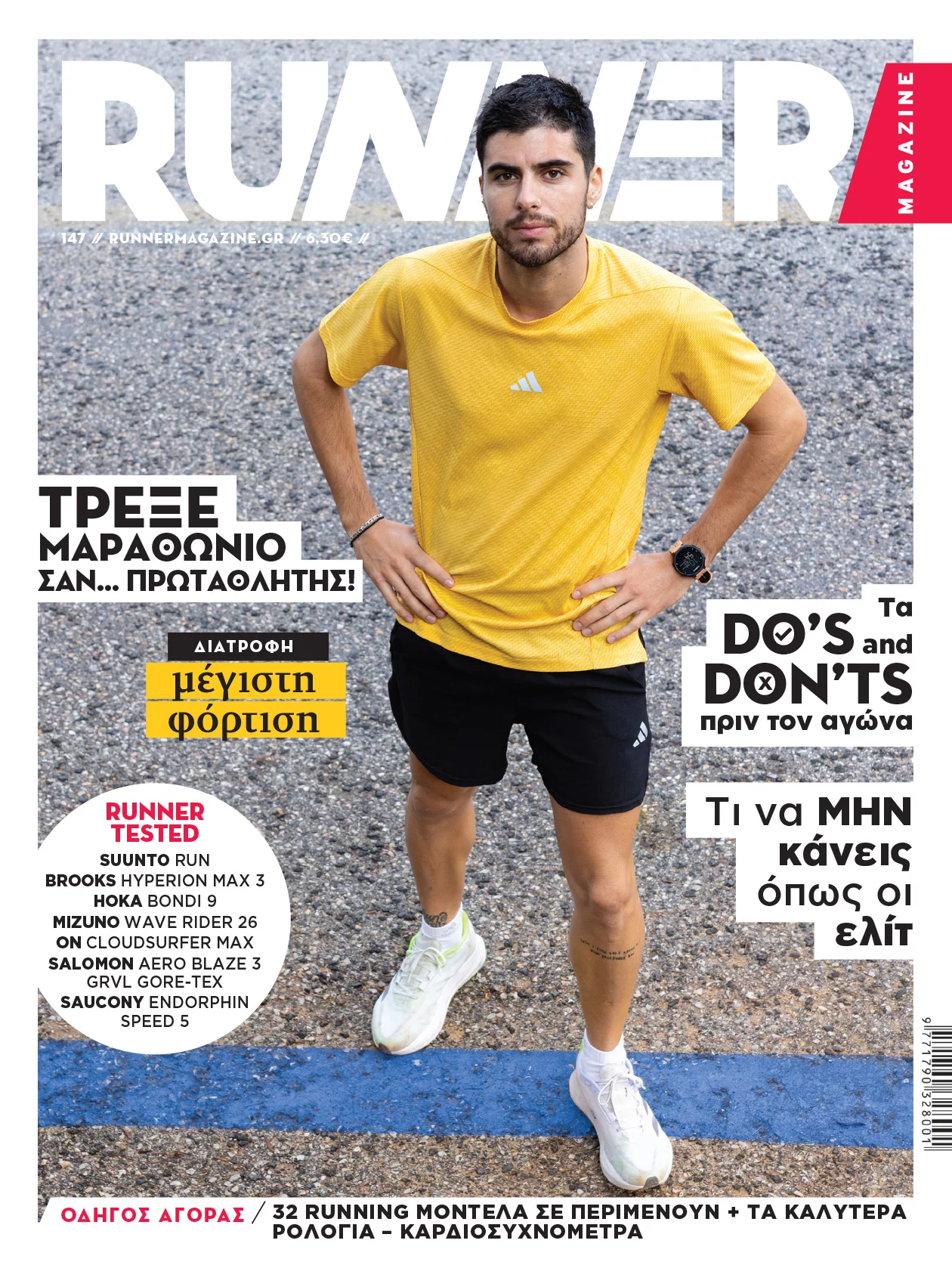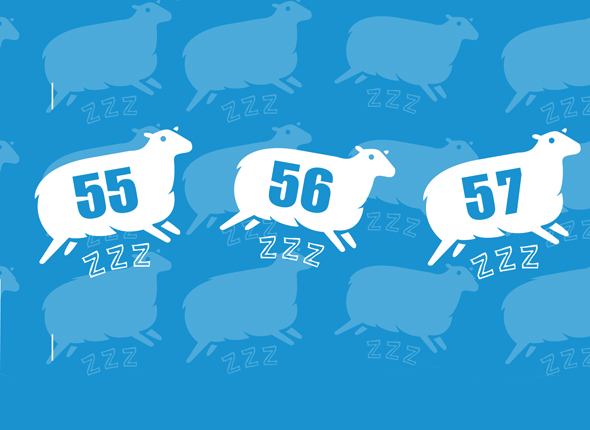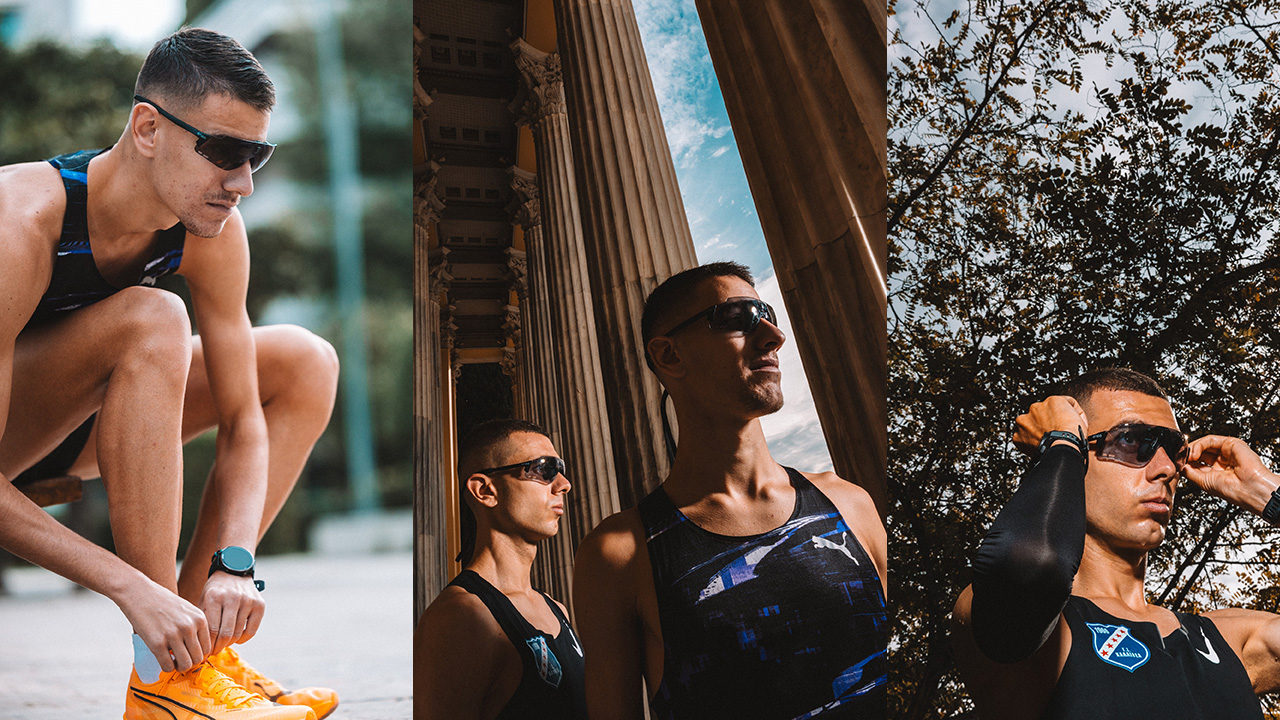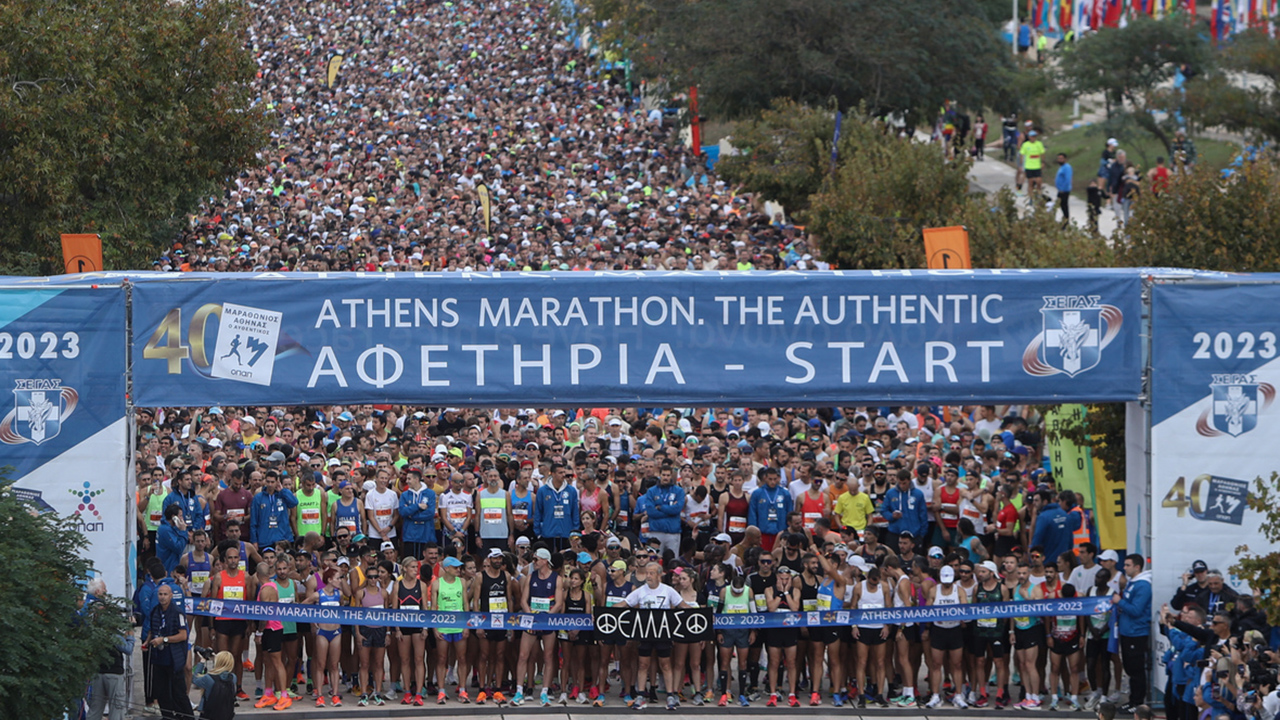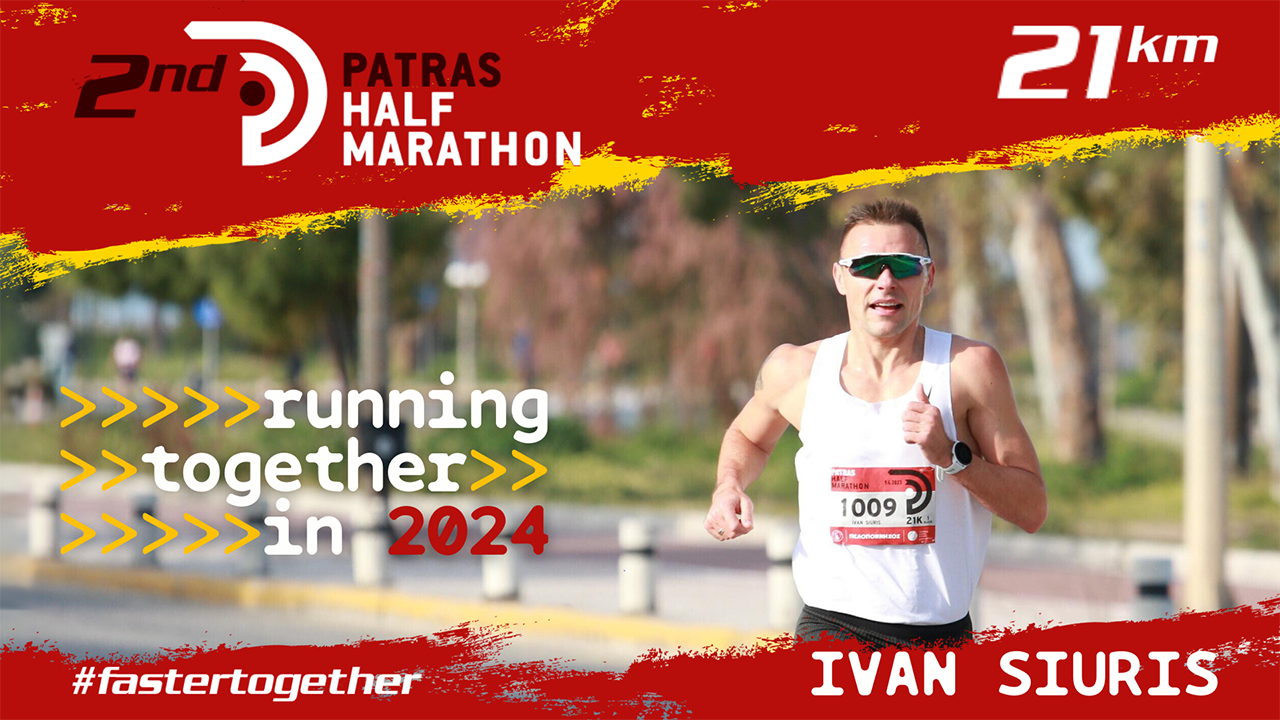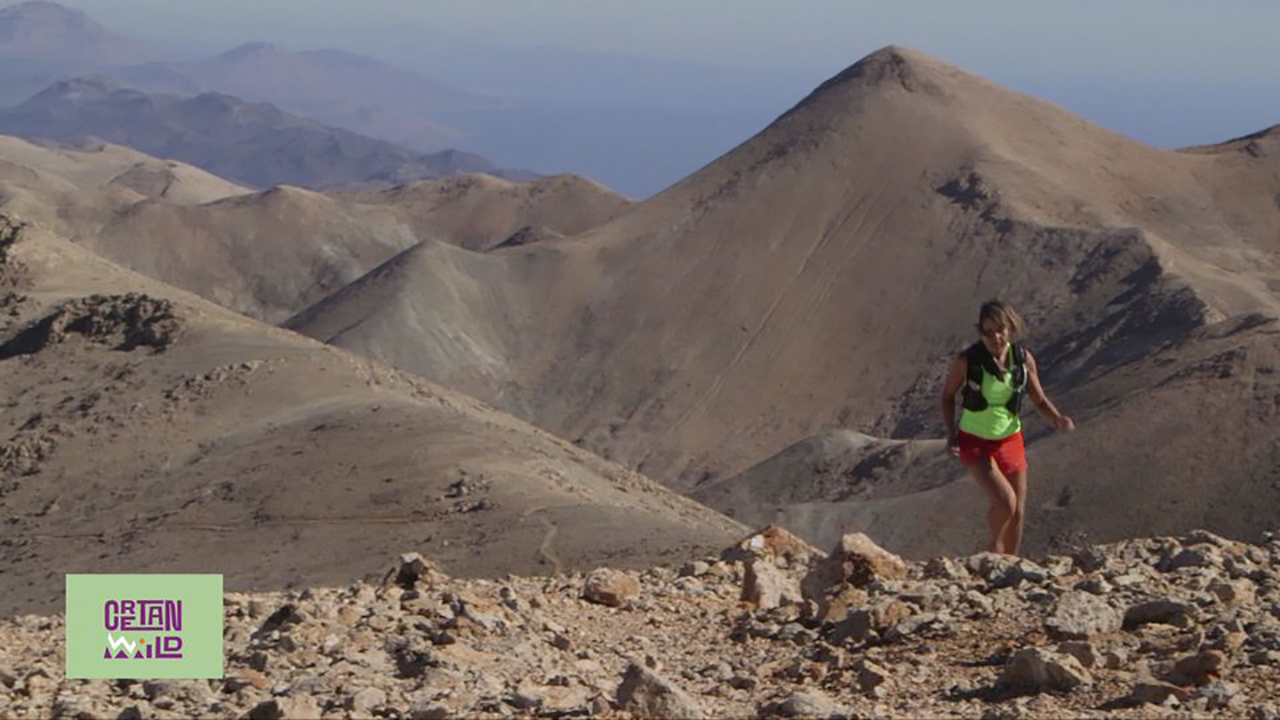You decide when, you decide where and you decide how. You aren’t competing against other runners, it’s a race against yourself. You push your limits to see what you are capable of, to see how fast you can finish the distance. To set the speed record, inspire others to follow in your footsteps and encourage them to continually raise the bar of what is achievable.
What kind of challenge is this? It’s called a Fastest Known Time (FKT).
Know FKT
An FKT is as the name suggests… the fastest time it takes someone(s) to run a particular route. Now, this route can’t be your familiar neighbourhood loop for example. It has to be at least 5 miles long, with at least 500 feet of vertical gain and it needs to have interest & integrity, be it aesthetic, historical, or otherwise – so that other people will understand it and be attracted to repeating it.
There are currently over 3,300 routes worldwide and they can be found at https://www.fastestknowntime.com. What is interesting, is that currently only 5 of these routes are in Greece – Acropolis to Poseidon’s Temple, Kapsalo Summit, Gomarostali Trail, Spartan Traverse & Mount Olympus. So that leaves the door open for plenty of opportunities to set new records and go exploring to find the best routes in Greece.
Anyone can submit a route. All that is required is the route description, why it should be included in the records, a GPS file and photos. The team at FKT then reviews the submission and if approved, it will be included on the website.
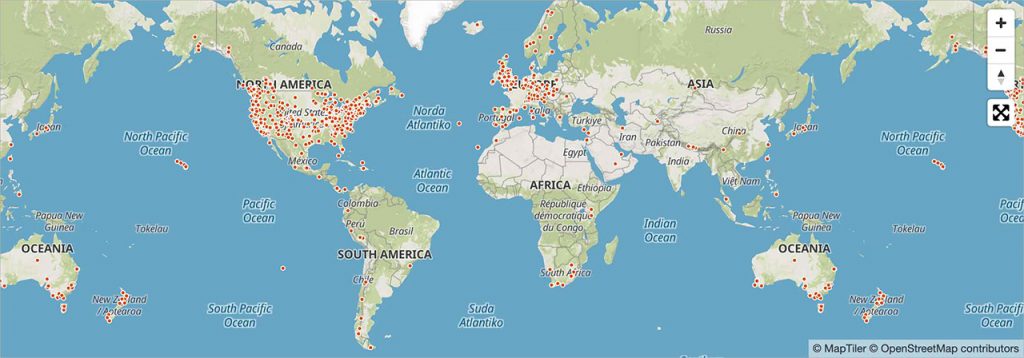
How did FKT started?
FKT’s have been around for years, long before we had the technology to capture the details and verify submissions. Thankfully, two friends, Buzz Burrell and Peter Bawkin brought it into the digital age back in 1998 when they popularized the term after going for a speed attempt on the 500 mile Colorado trail (in the US) and then tackling the 221 mile John Muir trail (also in the US). Knowing that people had come before them and run the route but not knowing exactly how long it had taken them, they coined the phrase fastest known time, leaving the door open in case an athlete has run it quicker and can submit their results and be recognized for their efforts. With races cancelled during the pandemic, the number of runners attempting FKTs have exploded.
What does it take to achieve an FKT?
By their very nature, FKTs are challenging. Whether it be due to the long distance, the terrain or the logistics. It doesn’t mean you have to be an elite athlete, but you do need to put in the time for training, planning and research.
You have to determine your own strategy, research the route and terrain, plan out the logistics and access points, decide what support you need, how you are going to refuel and rehydrate, decide on the best time of year to attempt it and be comfortable with route finding.
This is all part of the appeal, part of the challenge, learning how to be flexible, finding out how strong you are both physically and mentally.
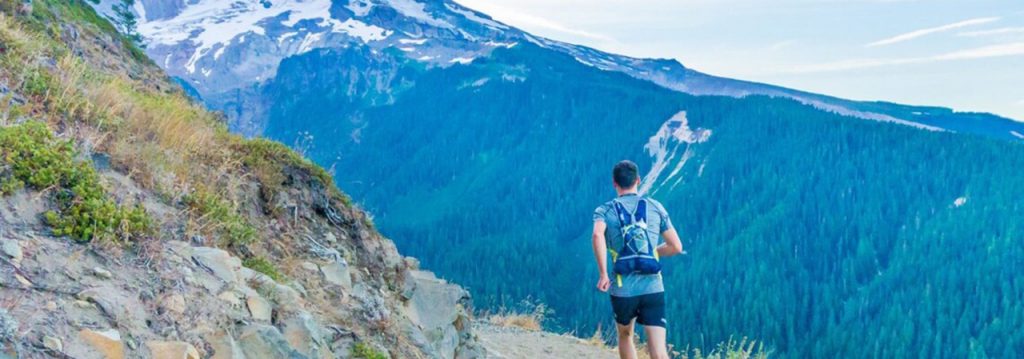
An advantage of attempting an FKT is more often than not you can explore places that races are unable to go, due to permitting restrictions or logistical difficulties. You can decide how much support you want. There are 3 categories recognized – Supported (with outside assistance), Unsupported (with no outside assistance) & Self-supported (nothing pre-arranged, using only resources you find along the route). You can attempt it solo as Female, Male, Non-Binary and as a Team.
Looking for motivation? Want a bigger challenge to see what you are capable of? Excited to start a new project where you get to be creative and are in charge of all the planning and want to be able to include your friends & family? Perhaps attempting an FKT is for you…
No matter whether you achieve an FKT or not, you will learn a great deal about yourself on the journey.
By Helen Galerakis, Women’s record for the Fastest Known Time on the 800 mile Arizona Trail, completing it in 17 consecutive days


